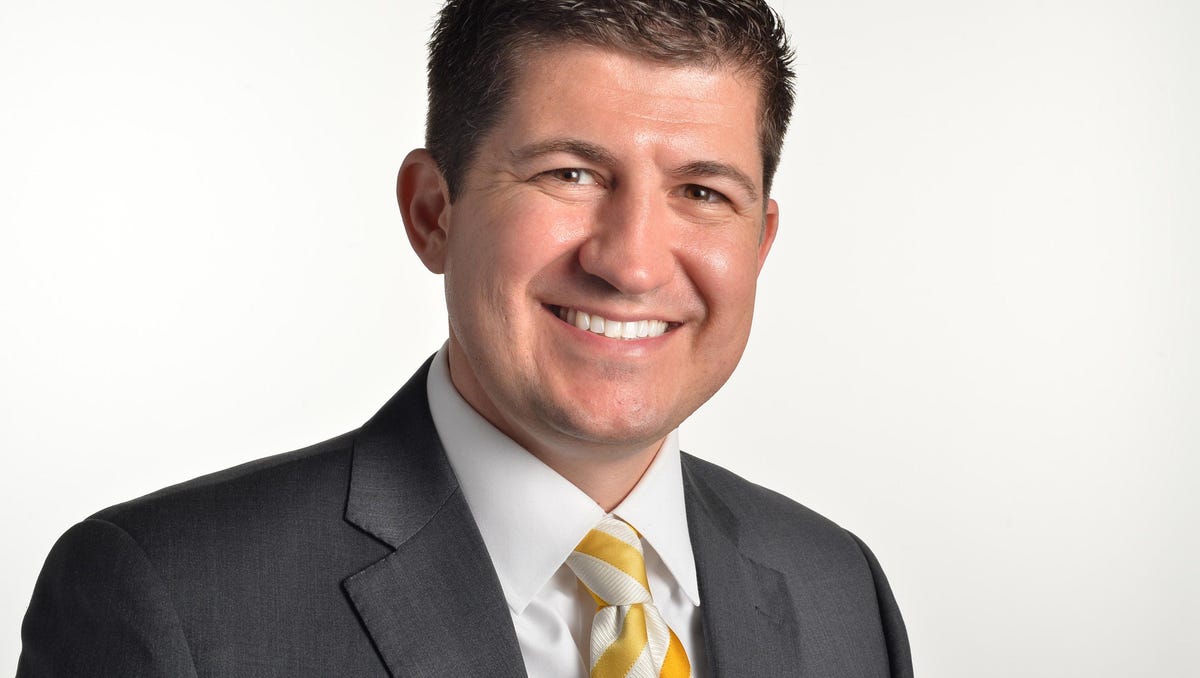- The Stock Market Faces A Massive Deleveraging Risk In 2025
- Breakout stocks to buy or sell: Sumeet Bagadia recommends five shares to buy today — 20 December 2024
- Protect profitability: Key tools for farm financial fitness
- Undergraduates with family income below $200,000 can expect to attend MIT tuition-free starting in 2025 | MIT News
- What’s New at CFI: Normalizing Income Statements
In last week’s column, I wrote about why it’s a good idea to draw up a spreadsheet of what you own and what you owe and how to do it. To recap, it’s a great way to evaluate your current finances and an important first step toward making those positive spending tweaks that make such an enormous difference over time.
You are watching: Compile a cash flow statement like you are a company boss
Once you know where you are financially and have some goals in mind, the next step is to go through your income and spending to see if they align with those goals. Financial planners write up what they call cash flow projections, which is a family-sized version of what a company might call an income statement or cash flow statement.
A statement of financial position (really a net worth statement) captures your situation at a given point in time. A cash flow statement is similar to a budget, but is usually a bit more detailed. Here’s what goes into a cash flow statement or projection:
Inflows (aka income)
I don’t know why it’s not called income, but inflows are what you’re bringing in. Some examples of inflows might include salary, dividends, interest, business income, rental receipts, retirement account distributions, Social Security, trust income, and any other source of cash that comes your way. It’s a good idea to list these pre-tax, because taxes get their own special section, which makes them easier to despise – err, make that “analyze separately.”
See more : Analysts Have Made A Financial Statement On TUI AG’s (ETR:TUI1) Yearly Report
Something to think about: As you approach retirement, you’ll want to consider whether you’ll have enough passive inflows to maintain the lifestyle you desire. You can also, of course, spend down assets.
Outflows (aka expenses)
Again, the bigwigs could have just called these “expenses,” but now you know the formal term for what makes your pockets or purse feel thinner. Planners divvy up outflows into two broad categories: fixed and variable.
Fixed outflows are predictable and difficult to change. Car payments, mortgage payments, rental property maintenance, and minimum credit card payments usually fall into the fixed category. Insurance costs might also be included here, or, if they are complicated, maybe broken into a separate category of its own.
Variable outflows are those expenses that are either difficult to predict, you have some control over, or both. Food, entertainment, some utilities, clothing, vacations, “mad money,” gym memberships, and out-of-pocket medical expenses would go here. It’s a good idea to break out savings and investment from other variable outflows because that will help you figure out what portion of your inflows go toward building your liquid net worth.
Not to forget: Taxes
See more : Results Summary | FAST RETAILING CO., LTD.
Taxes can be broken down into employment taxes, business taxes, property taxes, federal taxes, and state taxes.
Your inflows minus your outflows is your net cash flow. Hopefully it’s positive or soon will be. But that’s only a start. You can also check out your financial flexibility by comparing your fixed outflows to the variable ones, figure what percentage of your income goes to taxes, and, especially your savings rate. If you’re not comfortable doing that, a professional financial planner can certainly help.
A cash flow statement contributes to changes in net worth, but it’s not a perfect link. There are some gains and losses that won’t appear on your cash flow statement that might show up in your next statement of financial position because they don’t involve bringing in or spending cash. When your investments go up or down, your home changes in value, or your car depreciates, that won’t show up in your cash flow but will in your net worth.
Putting together these financial statements might seem daunting, but it’s as necessary to building wealth as getting a regular checkup is to your health. Though it’s tempting to wing it, if you do, you may be missing some easy ways to build a more secure future.
Evan R. Guido is the founder of Aksala Wealth Advisors LLC, a 2018 Forbes Next-Gen Advisors List Member, and Financial Professional at Avantax Investment ServicesSM. Evan heads a team of retirement transition strategists for clients who consider themselves the “Millionaire Next Door.” He can be reached at 941-500-5122 or [email protected]. Read more of his insights at heraldtribune.com/business. Securities offered through Avantax Investment ServicesSM, member FINRA, SIPC. Investment advisory services offered through Avantax Advisory ServicesSM, insurance services offered through an Avantax-affiliated insurance agency. 6260 Lake Osprey Drive, Lakewood Ranch, FL 34240.
Source link https://www.heraldtribune.com/story/business/2024/12/02/evan-guido-compile-a-cash-flow-statement-like-you-are-a-company-boss/76408166007/
Source: https://incomestatements.info
Category: News

